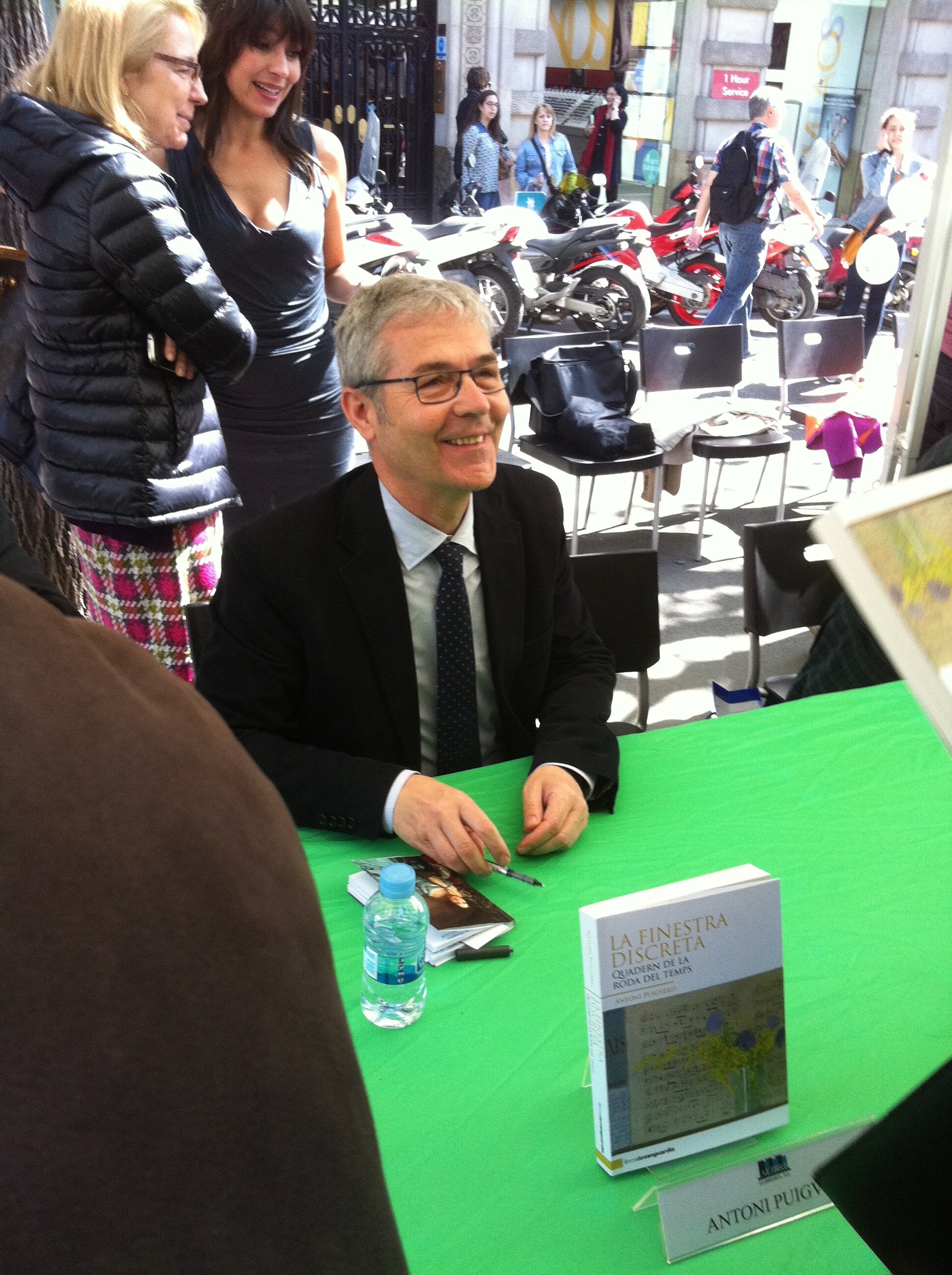The columnist Antoni Puigverd who, through his columns and speeches, has been one of the main proponents of dialogue between Spain and Catalonia, the so-called third way, has taken aim in his article in La Vanguardia today against the real possibility of a negotiated solution to the Catalan question.
"I can be restrained personally, but I cannot close my eyes to reality. In the face of this scenario I do not have the audacity to recommend restraint, that is, resignation," he concludes 45 days before the independence referendum. Over recent years he has been the most careful and most prestigious intellectual in favour of this theoretically middle path.
Under the title "Resignation" (in Spanish and Catalan), Puigverd explains that, after the Constitutional Court in 2010 barred the route to a possible referendum foreseen by the Statute of Autonomy, the solution proposed for the recognition of Catalonia by the Spanish state was to reform the Constitution. "They suggest it seriously, but it seems like a joke, since Spanish society feels very comfortable with the Constitution and has no desire to change it", he adds.
The majority of Spanish citizens, according to the columnist, think of the constitutional text as a dress that "fits them perfectly", whilst many Catalans "find that it restricts them abusively and suffocatingly" but they do not have the "demographic weight" necessary to change it.
"The sad conclusion of this situation is that there are only two solutions: resignation or rupture," he says.
According to Puigverd's analysis, "preaching fear and asking for resignation" has been the recipe of the "moderate Catalans" who can only offer the "desire for dialogue", since the State has denied them what they want on the three key points: funding, their distinct culture and devolved powers. "As a matter of fact, the State insists on uniformity to grotesque extremes," he adds.
"This context pushes even more for independence supporters to aim straight for what they want. Many do not want to know that it will end badly. Others do know it and, nonetheless, continue on their path. Being fatalistic, it's like a person who, aware of the irreversibility of their illness, chooses euthanasia. They reject the palliative care promised by the moderates (those who, as a matter of fact, do not have a first-aid kit or an aspirin to offer)."
For Puigverd, the strike at Barcelona airport has become the metaphor that summarises the situation after, ten years ago, moderates and businesspeople asked for airport decentralisation in an event at the IESE business school. "The State did not give way. The moderates went silent," he says. The conclusion was that Aena, the public airport operator, partially privatised their management, "it extracts huge profits from the Barcelona-El Prat airport whilst reducing its investment in security and services".
Its at this point that the columnist concludes that he cannot "close his eyes to the reality" of the situation and that he cannot recommend responding to the debate underway in Catalunya with "restraint, in other words, resignation".

